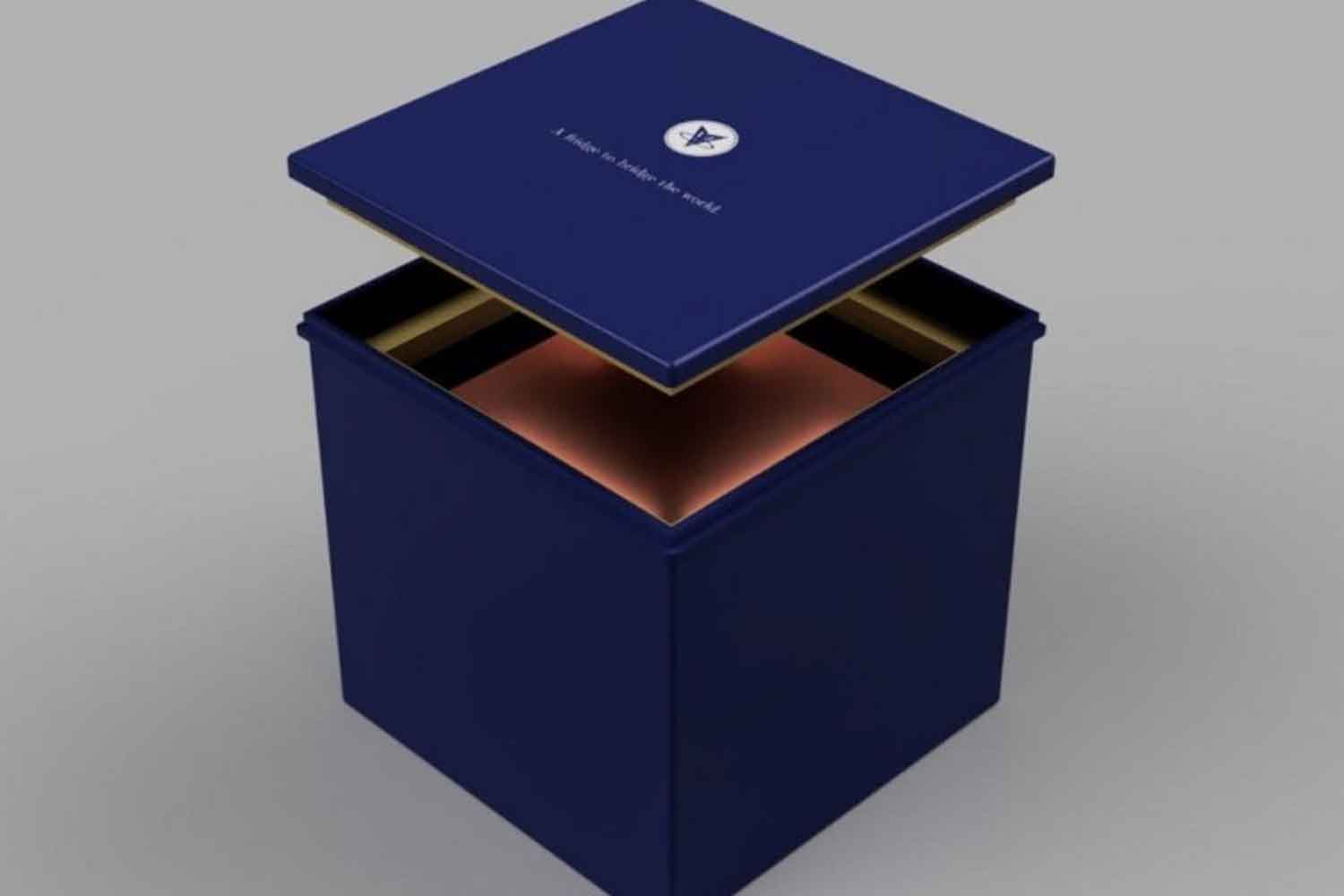A simple, sustainable and ingenious invention: this is how four students created a refrigerator without electricity to preserve medicines in the most isolated villages

salt-based endothermic reaction fridge
A refrigerator that doesn’t need electricity, powered by water and a chemical reaction involving barium hydroxide and ammonium chloride, could soon help preserve life-saving medicines in the face of climate emergencies or in some of the most remote corners of the world. This isn’t science fiction—it’s the real-world solution developed by four high school students in Singapore, who have just won the Earth Prize 2025, one of the most prestigious global awards for environmental innovation among youth.
Their eco-friendly fridge will soon be deployed in rural hospitals to keep vaccines and essential medicines cold—something often compromised in places where electricity is unreliable or nonexistent. The first 200 units are already being shipped to areas in greatest need.
Works without power, stays cool for 24 hours, made from fully recyclable materials
The device, developed by students aged 17 and 18 at the Singapore American School, is as simple as it is groundbreaking. When dissolved in water, the mixture of barium hydroxide and ammonium chloride triggers an endothermic chemical reaction, which lowers the internal temperature to approximately 38.5°F, ideal for storing sensitive medications.
This reaction, long known in the scientific community, has now been transformed into a portable, low-cost, real-world application, perfect for environments where electricity is a luxury. The green fridge can maintain a cool temperature for over 24 hours, even in hot and humid tropical climates or poorly ventilated spaces.
Made from lightweight, recyclable materials, this mini fridge is designed for durability and portability—allowing for easy transport to hard-to-reach areas. It’s a shining example of sustainable tech serving both public health and climate justice.
Backed by a $100,000 prize, the project is going global
Selected from more than 1,000 entries across 100 countries, the project impressed the Earth Prize jury—run by the Earth Foundation—for both its environmental and social impact. The team earned $100,000, with $25,000 going directly to the students, while the remainder will be reinvested to develop and scale the initiative in the Global South.
The team’s next step is clear: mass-produce and distribute these high-efficiency fridges, working with international health agencies and humanitarian organizations. The first 200 units are already allocated to rural hospitals where electricity is scarce or unstable.
This is a small but powerful revolution, born in a school classroom, that may genuinely save thousands of lives.
“It’s amazing what can be created with such simple elements. We hope our project can inspire many other young people.”
A hope that, thanks to a salt-based endothermic reaction fridge, has already turned into reality.
Source: The Earth Prize
